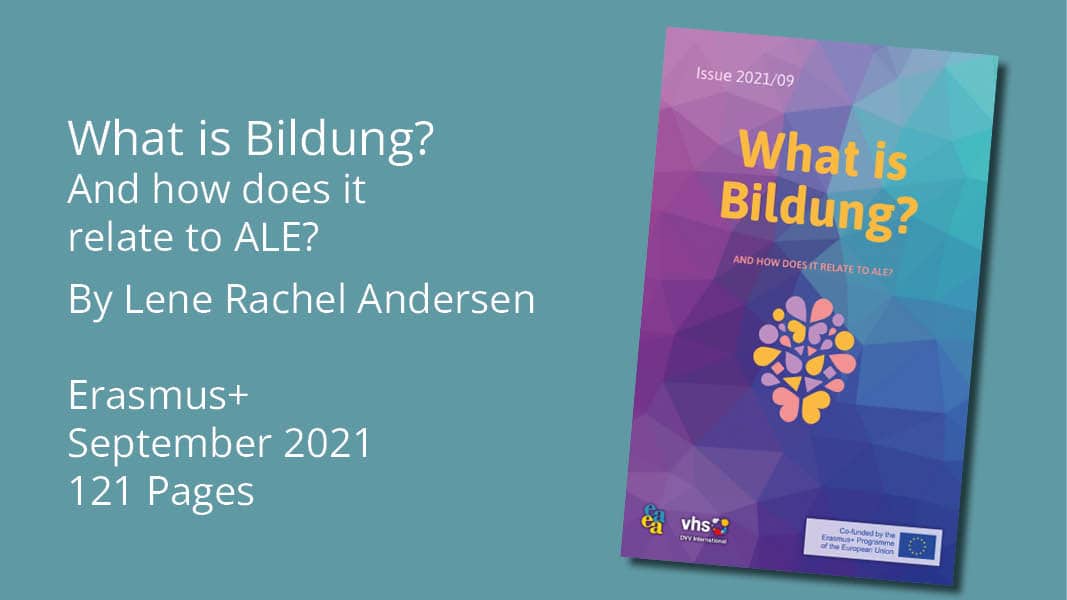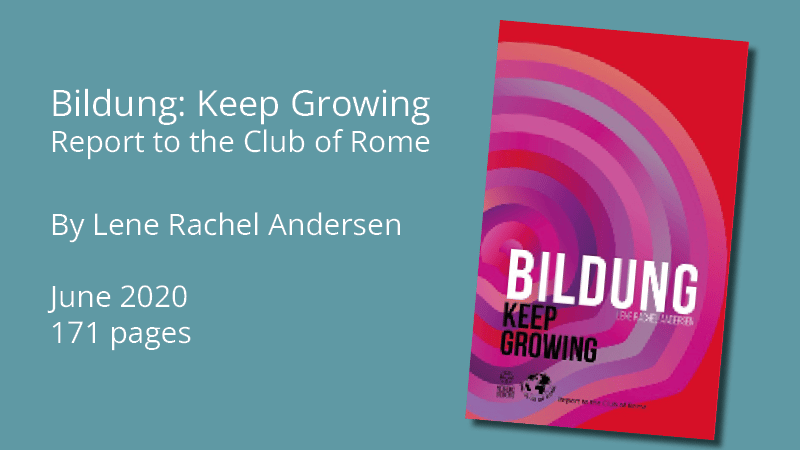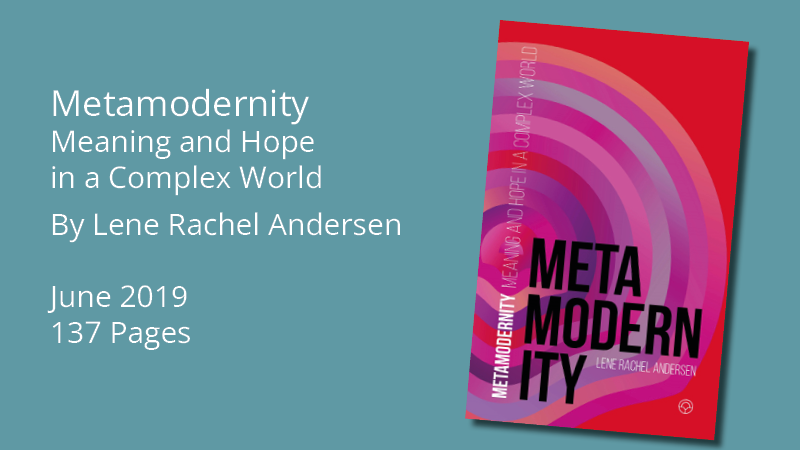European Bildung Day 2022 May 6-9
It is the fourth time that we organize European Bildung Day on and around Europe Day, May 9th. After two years online, the European Bildung Day will be held in Copenhagen, where we explore bildung in general and bildung in Europe in particular: Practical information and tickets here: https://europeanbildung.net/events/european-bildung-day-2022-in-copenhagen/ All speakers here: https://europeanbildung.net/european-bildung-day-2022-speakers/







